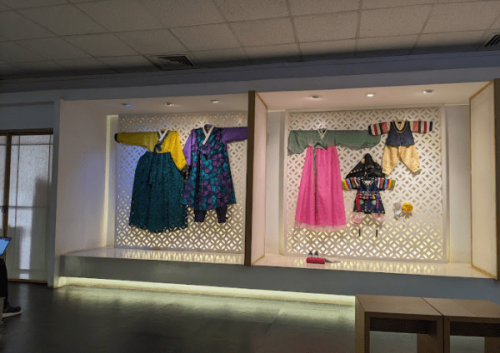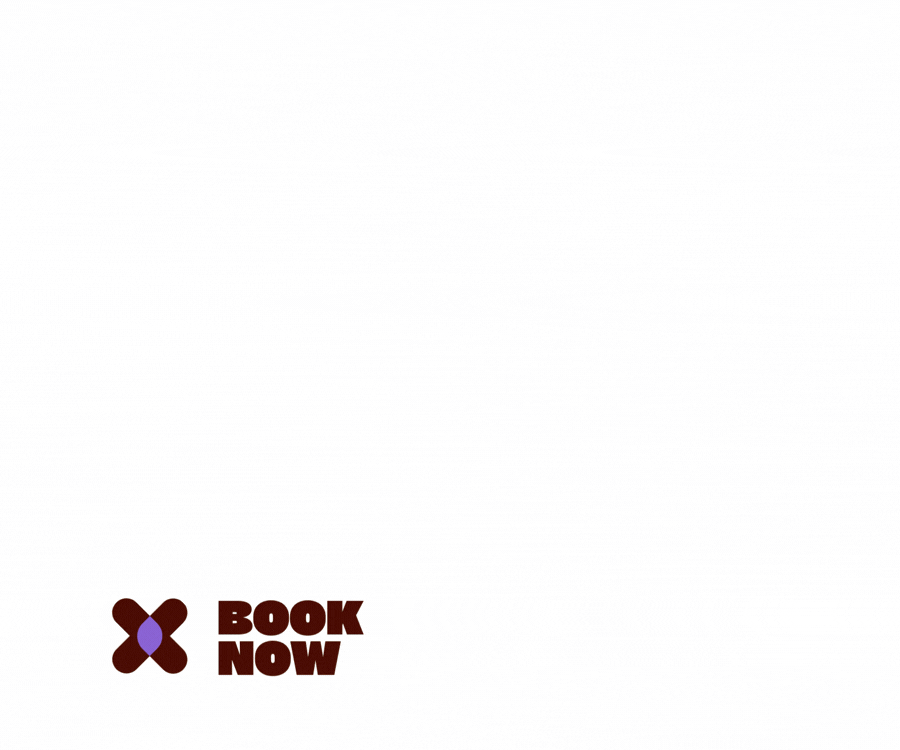The Korean Cultural Center in Abuja offers a glimpse of Korea’s rich cultural heritage in the heart of Nigeria. Abuja’s Korean Cultural Center serves as a gateway to Korean culture and a place for Nigerians to explore the depths of a unique and vibrant culture. From its fascinating exhibits and events to what makes this cultural center a must-see destination for culture enthusiasts and travelers, I’ll take you through everything you need to know in this review.
Korean Cultural Center Abuja
Anyone interested in Korean art, language, and traditions should visit the Korean Cultural Center in Abuja. Combining education, entertainment, and cultural exchange, it offers a beautiful and immersive experience. K-Pop fans, Korean cuisine lovers, or anyone looking to expand their knowledge of global cultures will find something to enjoy here.
Location and accessibility
The Korean Cultural Center is located on the 2nd Floor, Rivers State Building, 83 Ralph Shodeinde Street, Central Business District, Abuja, Nigeria. It is conveniently located near other major landmarks in the city, which makes it easy to plan a trip there. Korean design blends traditional elements with contemporary flair in the center’s modern building.
This facility is easily accessible from central business districts, with ample parking and well-maintained roads leading up to it.
Open:
Mon-Thurs 8am- 4:30pm
Fri, 8am–1pm
Address: 2nd Floor, Rivers State Building, 83 Ralph Shodeinde Street, Central Business District, Abuja, Nigeria.
Phone: 08063088845
Instagram: @kccnigeria_
The Ambiance
It effortlessly blends Korea’s ancient traditions with its modern appeal as soon as you walk in. It combines traditional wooden paneling with clean lines and futuristic glass features, reflecting Korea’s evolving culture.
Korean art, history, and technology are beautifully displayed upon entry. There are large, open rooms and walls adorned with stunning pieces that offer a glimpse into the country’s rich history.
“Walking through the cultural center feels like stepping into another world. It’s both soothing and stimulating at the same time. I couldn’t help but feel connected to Korea in a way that I never expected before.”
Exhibits and Cultural Events
The Korean Cultural Center’s rotating exhibits are one of its main attractions. The exhibitions range from historical pieces to contemporary art, allowing visitors to gain a deeper understanding of Korea’s diverse culture. The exhibit includes items related to Korean folklore, traditional clothing, and calligraphy, in addition to high-tech art and multimedia presentations that highlight the country’s technological advancements.
Aside from exhibits, the center hosts cultural events on a regular basis. The events range from Korean film screenings and K-pop dance performances to traditional music nights and language exchanges. Anyone interested in immersing themselves in Korea’s dynamic cultural scene while meeting like-minded people should visit.
Visit during special events such as Korean National Day or Lunar New Year to experience larger-than-life celebrations with live performances, food stalls, and cultural presentations.
Korean Language Classes
The center offers Korean language classes for those interested in learning more about Korean culture. These classes are incredibly popular and a great way to learn more about the culture if you are a beginner learning Hangul (the Korean alphabet).
During a Korean language class I took, the instructors were incredibly knowledgeable and patient. Using an engaging method, they made learning fun and effective.
The following are some key takeaways from language classes:
There are levels for beginners as well as for advanced students
Lessons that are interactive and engaging
Affordable pricing (starting at ₦10,000 per month)
Korean Cuisine
Korean cuisine is known for its bold flavors, fresh ingredients, and intricate preparation methods. In spite of the fact that the Korean Cultural Center in Abuja does not have a permanent restaurant, they frequently organize Korean cooking workshops. In these workshops, participants learn how to prepare iconic Korean dishes such as kimchi, bibimbap, bulgogi, and more.
In my experience, the cooking sessions were a perfect blend of practical learning and delicious fun. You get to taste the fruits of your labor at the end of the class as the chefs guide you through each step of creating traditional dishes. It’s a culinary adventure like no other!
Facilities and Amenities
The center offers all the modern amenities you’d expect from a cultural institution, including a well-stocked library filled with books about Korean culture, history, and language. Visitors can also watch Korean films, documentaries, and listen to Korean music at multimedia stations.
A well-designed gift shop offers souvenirs such as Korean pottery, tea sets, books, K-pop merchandise, and skincare products. You can bring home a piece of Korean culture with these.
Pros and Cons of Visiting the Korean Cultural Center Abuja
To provide a balanced view, here are the pros and cons of visiting the center:
| Pros | Cons |
|---|---|
| Immersive cultural experience | Limited availability of Korean food options |
| Regular cultural events and workshops | Classes can get crowded during peak times |
| Educational language programs | Parking can be tight during special events |
| Interactive exhibits and installations | May not be ideal for those seeking just a sightseeing experience |
Pricing: How Much Will It Cost?
The price can vary depending on the event or activity. Here’s a rough breakdown:
| Activity/Service | Price (₦) |
|---|---|
| General admission (exhibit) | Free |
| Korean language classes (per month) | ₦10,000 – ₦20,000 |
| Cooking workshops | ₦5,000 – ₦15,000 |
| Cultural events (entry fee) | Free or ₦1,000 |
Reviews and Ratings
I’ve also looked up what others are saying about the Korean Cultural Center in Abuja. Here are some top reviews and ratings:
- TripAdvisor (Rating: 4.5/5): “A beautiful cultural space that brings Korea to life in Abuja. Highly recommend attending one of their events.”
- Google Reviews (Rating: 4.7/5): “A great place to learn about Korea and meet interesting people. The language classes are well structured, and the exhibits are beautifully curated.”
- Yelp (Rating: 4.3/5): “The Korean Cultural Center in Abuja is a hidden gem. The language programs are excellent, and the events are a great way to connect with the community.”
Frequently Asked Questions (FAQs)
1. Is the Korean Cultural Center free to visit? Yes! Entry to the center’s general exhibits is free of charge. However, some events and workshops may have a small fee.
2. Do I need to book in advance for language classes? It is recommended to book your language class in advance, as the classes tend to fill up quickly, especially during peak seasons.
3. Can I purchase Korean products at the center? Yes! The center has a gift shop that offers a variety of Korean products, from skincare to K-pop merchandise.
4. Are there any events for children? Absolutely! The center hosts family-friendly events and workshops, particularly during holidays like the Lunar New Year.
Why You Should Visit the Korean Cultural Center Abuja
Anyone interested in global cultures, languages, and art should visit the Korean Cultural Center Abuja. You’ll experience a wealth of experiences at the center, whether you’re exploring Korean history, participating in cultural activities, or learning the language. In my opinion, it was a delightful and enriching experience that gave me a fresh perspective on one of the most fascinating cultures in the world. Your interest is sure to be piqued as well.








